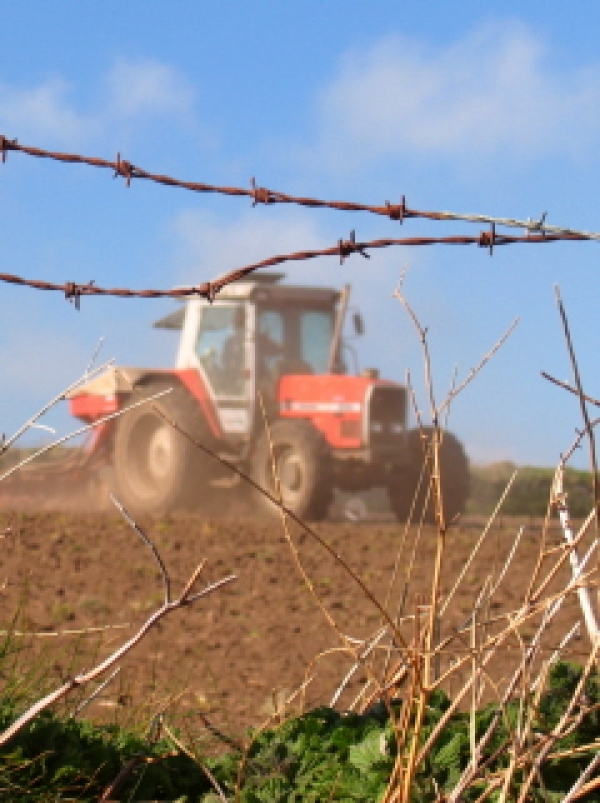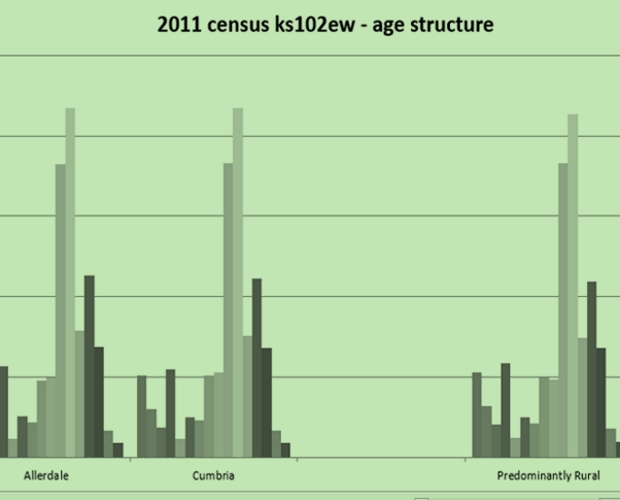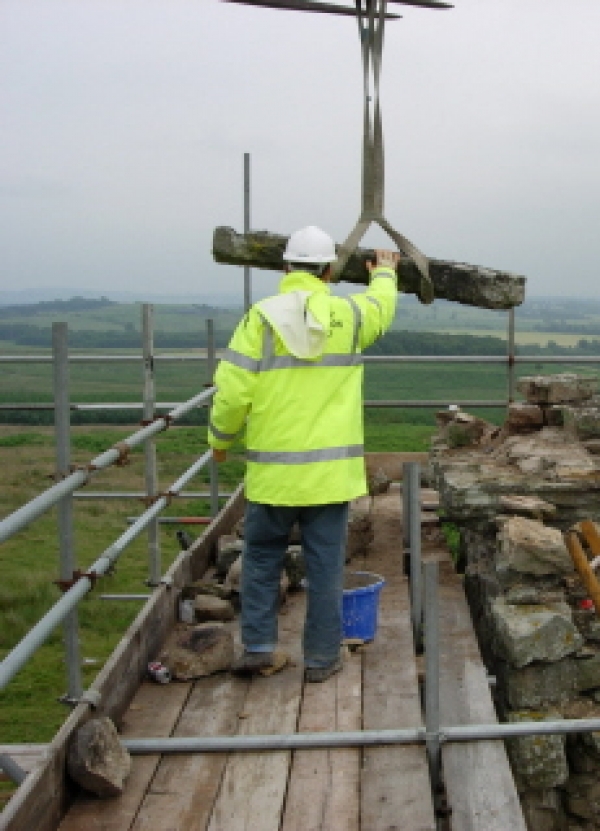T: 01822 851370 E: [email protected]
Bookings are now officially open for the National Rural Conference 2025, which will take place online from Monday 15 to Thursday 18 September.
This is the Rural Services Network’s flagship event of the year, bringing together rural decision-makers, practitioners, and advocates for four days of live, interactive sessions focused on the future of rural communities.
Click here to book!
THE rural economy faces a battle to avoid slipping again into recession, says a report. Rising unemployment, shrinking profits and plummeting confidence in countryside businesses has thrown the rural economy to the brink of a further recession, it...
A successful neighbourhood plan must be based on evidence and an understanding of the place they relate to. Communities need to gather a range of evidence and local knowledge before writing their plan. We have collated a selection of evidence,...
BROADBAND speeds in the countryside continue to languish behind those in larger towns and cities. Rural broadband connections are three times slower than speeds in cities, according to the latest DEFRA bulletin . In 2012, the average...
CERTAIN key components can be identified as underpinning strategies for rural economic change and innovation, finds Brian Wilson. CERTAIN key components can be identified as underpinning strategies for rural economic change and innovation, finds Brian Wilson. ...
Changes to planning rules will make it easier to bring redundant rural buildings back into use. A relaxation of planning rules will allow the use of outbuildings to be changed under permitted development rights. Ministers have announced...
A successful neighbourhood plan must be based on evidence and an understanding of the place they relate to. Communities need to gather a range of evidence and local knowledge before writing their plan. We have collated a selection of evidence,...
RURAL crimefighters could win £1000 by helping to keep countryside communities safe. The Country Crime Fighters Awards is a nationwide competition to recognise innovative examples of crime prevention in the countryside. The competition is run by rural...
A MIXED picture of rural life is painted by the latest statistics published by DEFRA. The 2013 Statistical Digest of Rural England includes details about a range of social and economic subject areas. The latest edition of...
Click on your authority to access the information available at ward and parish level This information and analysis has been made available solely for areas where their local district or unitary authority is a paying member of the Rural...
CHEAPER energy bills could be offered to rural communities that agree to local shale-gas extraction. Fracking involves forcing shale-gas out of the ground by blasting water into rocks. But environmentalists say the practice can cause earth tremors and...
NEWSLETTER
Sign up to receive all our latest news and updates.
HOT TOPICS
Amid reduced public spending, fair resource allocation across regions is crucial. Despite a population larger than Greater London, rural areas receive significantly less funding for essential services, even though delivering these services in rural areas is more expensive.
Economic growth is widely acknowledged as essential for national wealth and prosperity and is a priority for political parties. Rural economies, employing millions and home to a higher proportion of small businesses, have potential for growth if barriers are removed.
Rural residents face distinct healthcare challenges, including limited access to transport, longer distances to medical facilities, an aging demographic, housing inadequacies, digital connectivity gaps, and difficulties recruiting health and care workers.
Rural communities are grappling with a severe affordable housing crisis, marked by high house prices, a lack of affordable housing, elevated living costs, and lower incomes, threatening their sustainability and vitality.
Transport is vital for the quality of life and economic health of rural areas, yet it faces challenges such as infrequent public bus services and less Government funding compared to urban regions.
Rural areas, encompassing a substantial portion of England's population and land, play a pivotal role in combating climate change and achieving the net zero target.
In an increasingly digital world, the lack of robust digital infrastructure in rural areas severely limits access to crucial services and stifles economic growth.
A future-focused vision for rural communities involves not just building the right homes in the right places but also ensuring thriving, sustainable communities.
SIGN UP TO OUR NEWSLETTER
Sign up to our newsletter to receive all the latest news and updates.











